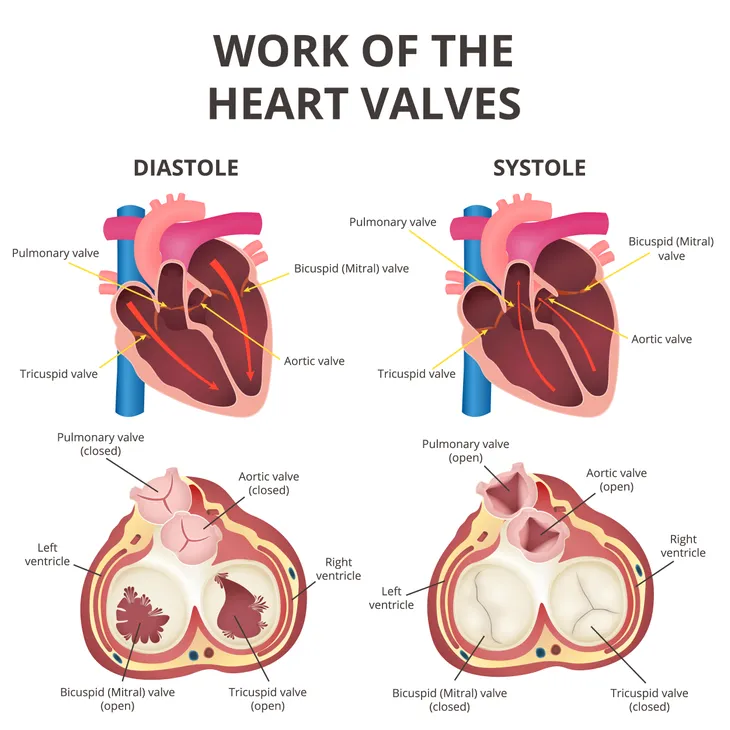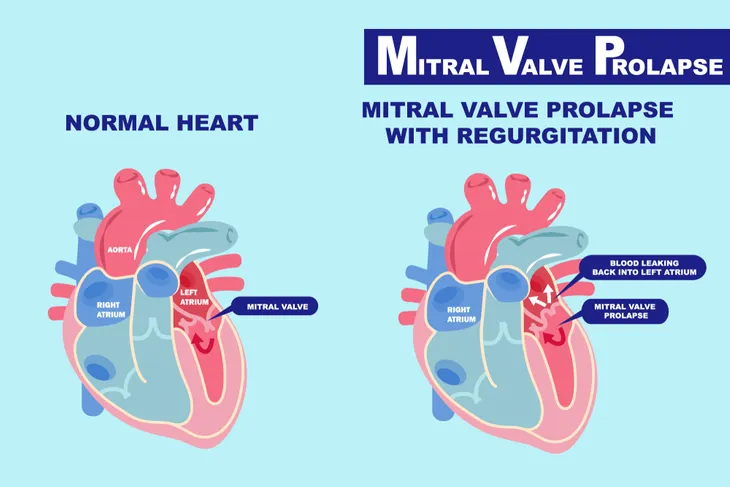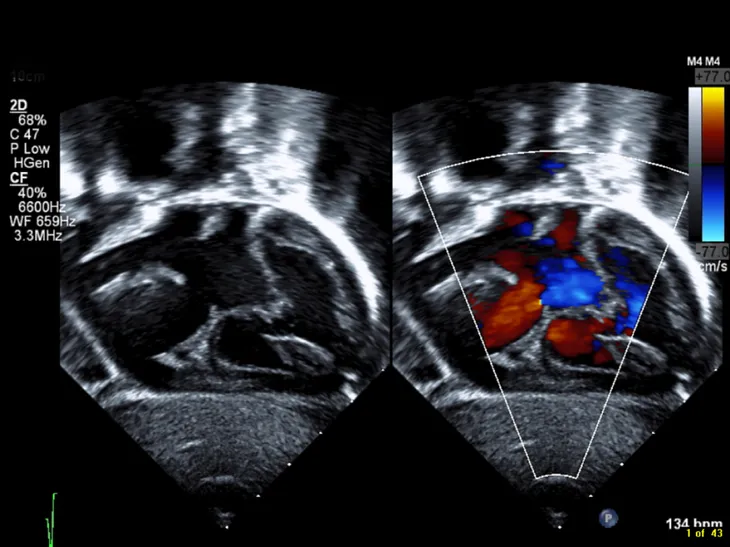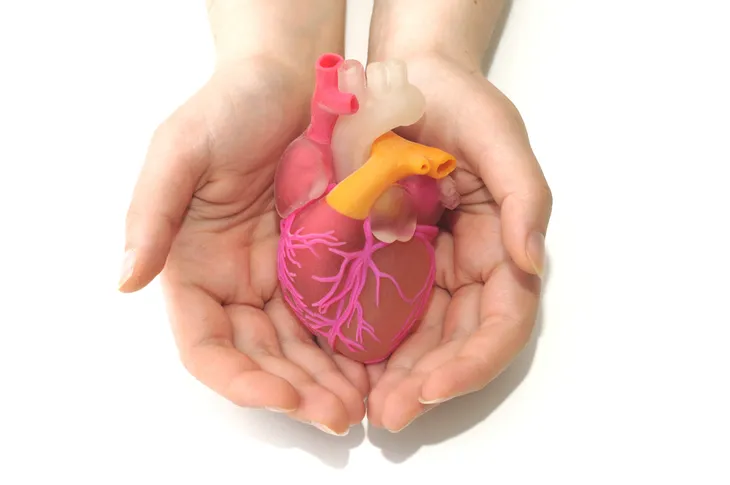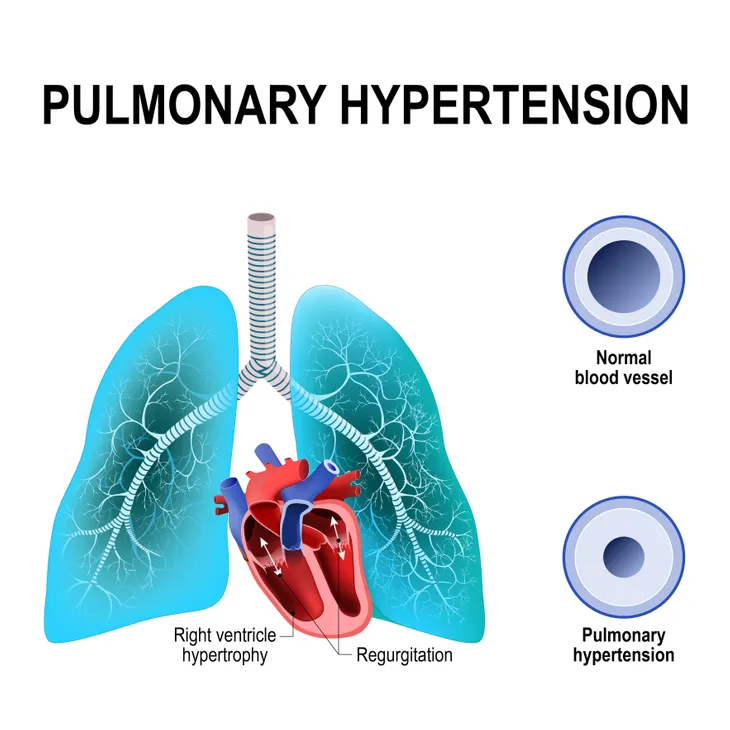We all view our heart as our most precious and vital organ (and with good reason)! Not only do we need our heart to survive, but we also need it to function properly. For many people, this can be a struggle. Even though the heart is a powerful organ, it’s also incredibly fragile. There are so many things that can go wrong with it.
A leaky heart valve is one of them. The seriousness and severity of a leaky heart valve varies depending on how much it interferes with the blood flow in your heart, and thankfully, it can be treated. The most important thing is to know and understand the signs and changes that can occur. Here’s a look at everything to know about a leaky heart valve, including the symptoms, causes, and treatment options.
1. What is a Leaky Heart Valve?
A leaky heart valve sounds a bit grotesque and is essentially exactly what it sounds like. This condition occurs when blood leaks back into any of our four heart chambers while pumping blood. To better understand this, we’ll rewind a bit. First, let’s explain that there are four valves: the tricuspid valve, pulmonic valve, mitral valve, and aortic valve. “The valves consist of flaps that open to let blood flow in one direction as it moves through the chambers of the heart,” explains WebMD. The valve then closes in order to keep blood from flowing backwards into the chamber. Every heart valve, except the mitral valve (which has two flaps), has three flaps, or leaflets.
According to WebMD, a leaky valve occur in any of the four heart valves and is sometimes referred to as valve regurgitation.
2. Symptoms of a Leaky Heart Valve
People who have a leaky heart valve typically don’t realize it until it becomes quite severe because it often doesn’t present any symptoms. In fact, WebMD notes that many healthy people will have one or more valves that are slightly leaky.
A severe valve leak will impair the flow of blood in and out of the heart which can cause symptoms similar to congestive heart failure. WebMD says a patient with a severe leaky heart valve will experience shortness of breath, particularly during exercise or when lying flat. They will also have swelling in their legs or fluid retention in the body. Other symptoms might include “lightheadedness, rapid heartbeat, heart fluttering or palpitations,” and fatigue. The source also notes that symptoms don’t always appear when the condition is serious. Sometimes a patient can have severe valve regurgitation, yet still experience no symptoms.
3. Diagnosing a Leaky Heart Valve
A leaky heart valve must be diagnosed by a doctor who will listen to the heart through a stethoscope. The doctor will be looking for any abnormal sounds (typically referred to as a heart murmur), says WebMD. The next step would be to examine the heart through a special type of ultrasound known as an echocardiogram.
Of course, the diagnostic process also includes a consultation with the doctor for the patient to explain his/her symptoms. They will also receive a physical exam. All of these steps will help determine whether or not the patient has a leaky heart valve and how serious it is.
4. Causes of a Leaky Aortic Valve
A leaky heart valve that is localized to the aortic valve causing aortic regurgitation can be caused by a few different things. WebMD explains that it can be the result of a “bicuspid aortic valve, which means the valve has two flaps instead of the normal three.” It can also be due to high blood pressure (hypertension), an infection in the heart valve (endocarditis), Marfan syndrome, or rheumatic heart disease.
5. Treatment of a Leaky Aortic Valve
A patient that is suffering from a leaky aortic valve will have to be observed by a doctor over a long period of time. If they are experiencing severe aortic valve regurgitation with symptoms, they may benefit from certain blood pressure medicines called vasodilators. They may also be taking diuretics, which are often used to treat congestive heart failure. In rare cases, surgery is an option. We’ll get into this later on, but in this scenario, the surgeon will either repair or replace the leaking aortic valve.
6. Causes of a Leaky Mitral Valve
A leaky heart valve due to mitral regurgitation can be caused by mitral valve prolapse (improper closing of the valve), an enlarged heart (cardiomyopathy), hypertension, coronary artery disease, endocarditis, or rheumatic heart disease, says WebMD.
7. Treatment of a Leaky Mitral Valve
In this scenario, the leaky mitral valve doesn’t require treatment, but rather will be observed by a doctor over time. Patients won’t even need to take medication. The only time they will need to take daily medication is if there is heart failure. Similar to a leaky aortic valve, surgery can be used in extreme cases. “Because mitral regurgitation is slowly progressive, deciding when to operate neither too early, nor too late can be difficult,” writes WebMD.
8. Causes of Tricuspid Regurgitation
According to WebMD, there are many adults out there who have a leaky tricuspid valve. In many cases, it is discovered by accident and will require no follow-up or treatment. It is often caused by pulmonary hypertension, and this is the case for both moderate and severe cases of tricuspid regurgitation. So where does the high blood pressure come from? WebMD explains that there can be many different causes for high blood pressure, but the main cause is often congestive heart failure.
9. Treatment of Tricuspid Regurgitation
When it comes to treatment, medicine isn’t always effective. WebMD explains that “diuretics, or water pills, can help relieve body swelling, or edema, that’s due to congestive heart failure.” However, there are many cases where swelling does not exist.
Surgery is also an option. “The tricuspid valve may be repaired during surgery to correct other leaky heart valves. Surgical repair of the tricuspid valve generally works better than replacing it. Surgery to replace the tricuspid valve by itself (not along with the mitral or aortic valve) is only recommended in rare cases,” writes the source.
10. Pulmonic Regurgitation
This is yet another instance where a leaky heart valve can occur in someone who is completely healthy and normal. It often goes unnoticed, because it occurs in small amounts. Pulmonic regurgitation can be caused by “elevated blood pressure in the pulmonary artery (pulmonary hypertension)” or “previous surgery as a child to repair a severe heart defect,” writes WebMD.
Pulmonic regurgitation typically requires no treatment. If it’s due to an underlying heart medical condition, the best form of treatment would be to treat that condition first, says WebMD.
11. What to Expect From Surgery
Surgery isn’t always used to treat a leaky heart valve. But when it does become so severe that it needs to either be repaired or replaced, you’ll want to get back to exercising, eating, and drinking normally as soon as possible. However, don’t put too much pressure on yourself at first. WebMD notes that it will take a few weeks to regain your energy.
Patients who are coming out of surgery will need to make a few slight changes to their diet. They’ll want to focus on eating more “heart healthy” foods such as fruits, vegetables, and whole grains, says WebMD. Exercise is also important to help regain strength. Just don’t do too much too soon. Exercising is something that should be gradually eased into and built up over time.
In most cases, the recovery time from surgery is about 4- to 8-weeks. If open heart surgery isn’t needed, then it could be even shorter than that.
12. Living with a Leaky Heart Valve
People who have been diagnosed with a leaky heart valve can still go on to live a fairly normal life. In fact, the lifestyle tips for them are generally the same as they would be for anyone else. Patients will benefit from daily exercise, even if it’s just some walking. Anyone with a leaky heart valve should consult a doctor before participating in any contact or competitive sports, says WebMD.
This goes for everyone, but it’s particularly important for people with valve regurgitation — do not smoke. If you already do smoke, make a conscious effort to quit. As with smoking, this applies to everyone, but they should also work to maintain a healthy weight.
WebMD also notes that patients should continue to follow up with a doctor on a regular basis, even if they do not experience any symptoms. This will help ensure the leaky heart valve doesn’t cause any further problems or complications.

